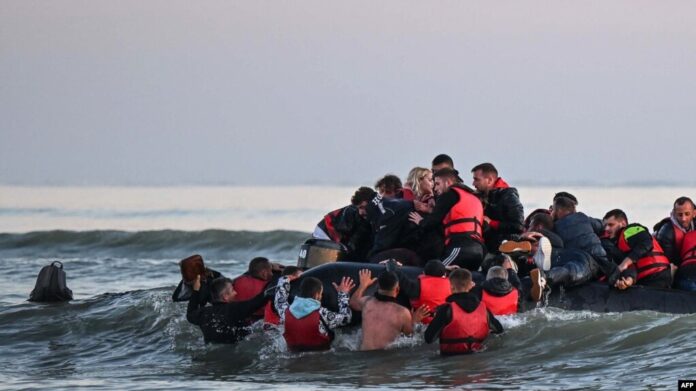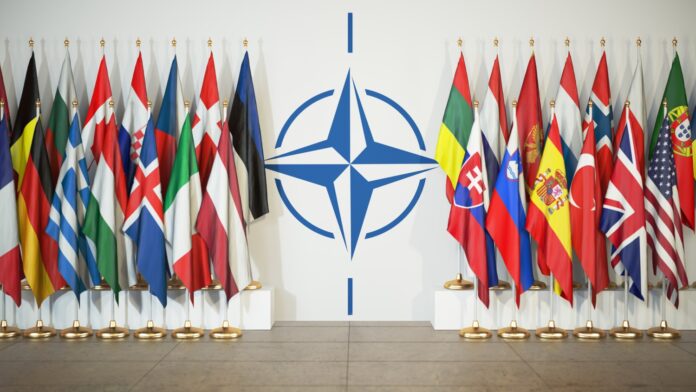The result of the German early elections was clear, but its consequences show gloomy omens for the state of democracy in Germany.
The early elections and the increase in the popularity of the far right since then were a clear message from the voters to politicians about what they wanted: first and foremost, serious and effective changes in the field of migration policy. However, Merz’s government does not seem to be able to achieve this.
Several individuals and groups may be preparing to leave the CDU because they do not agree with the party’s post-election policies. These MEPs will be able to continue their work as independents. The CDU will presumably also need the Greens to form a coalition. Only with them can a strong coalition be formed. Currently, the CDU-SPD coalition has only a majority of 12 seats. Since these signs are also seen by the leadership of the forming coalition, they have taken several steps that cannot be called democratic at all:
The BSW party won 4.97% of the vote in February’s elections, which means that they were 13,000 votes short of getting into parliament. Their request for a recount of votes was rejected by the Constitutional Court, but at the same time, they carried out a recount in some places, and only with this method they found about 4 thousand votes. If, on the other hand, BSW were to enter parliament, the balance of the CDU-SPD coalition would be upset, and they probably do not want that.
It was also an undemocratic step that since there will not be a 2/3 majority in the new parliament, the constitutional amendment was voted on in the old composition, according to which there is no upper limit on defense spending. This Parliament could not have voted for this constitutional amendment. At the same time, neither coalition is expected to have a 2/3 majority for a very long time, which is why it was important that this amendment was passed now.
Let us remember that in the past, the German state did everything possible to ban the AfD by presenting it as an extremist terrorist organization.
Translated and edited by Hans Seckler




